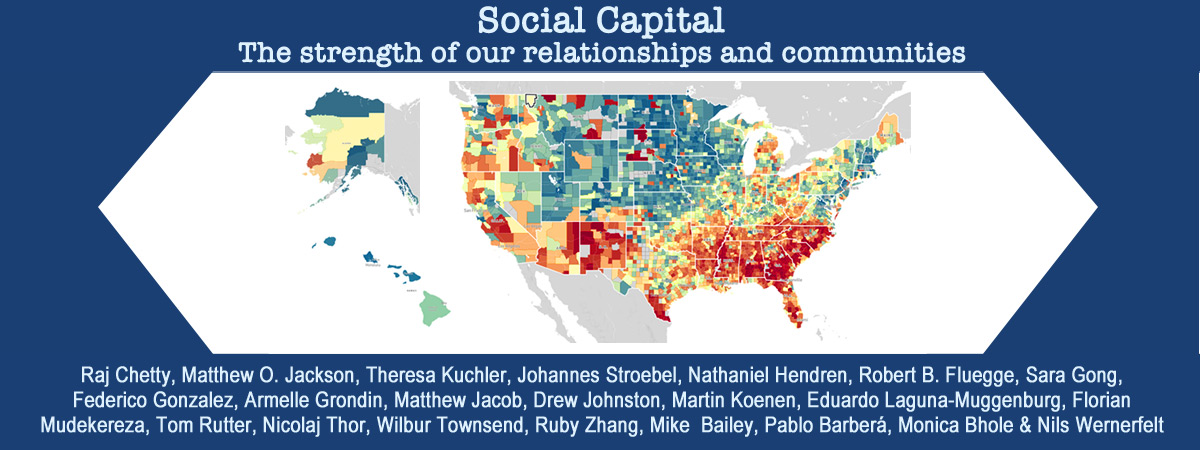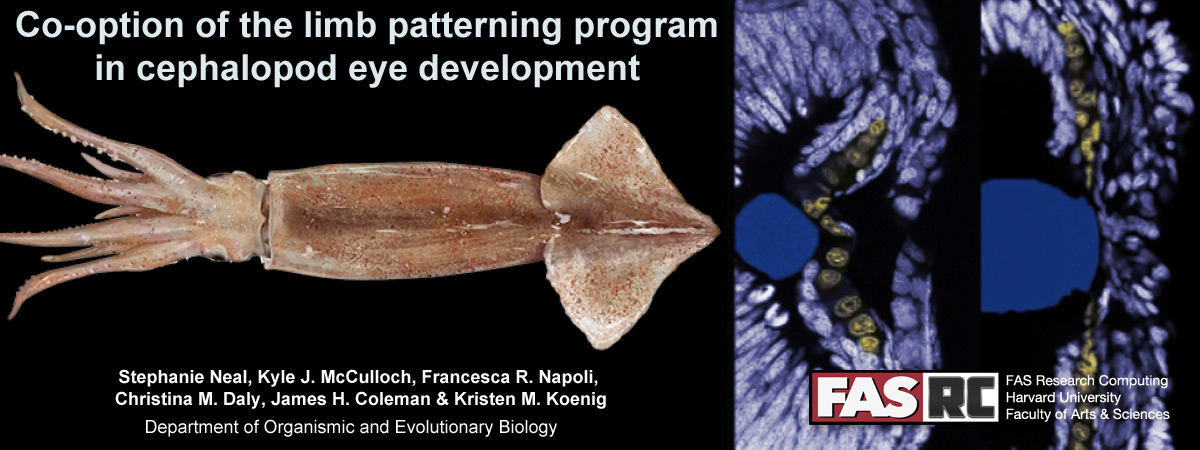FAS Informatics
https://informatics.fas.harvard.edu
FASRC works closely with the FAS Informatics group who provide data management, analysis, training, and software support for the faculty, staff, and cores.
Research Support at Harvard
To see the full listing of Harvard Wide Research Computing, Research Data & Scholarship, and Research Administration services, please visit the Research Support at Harvard site.






